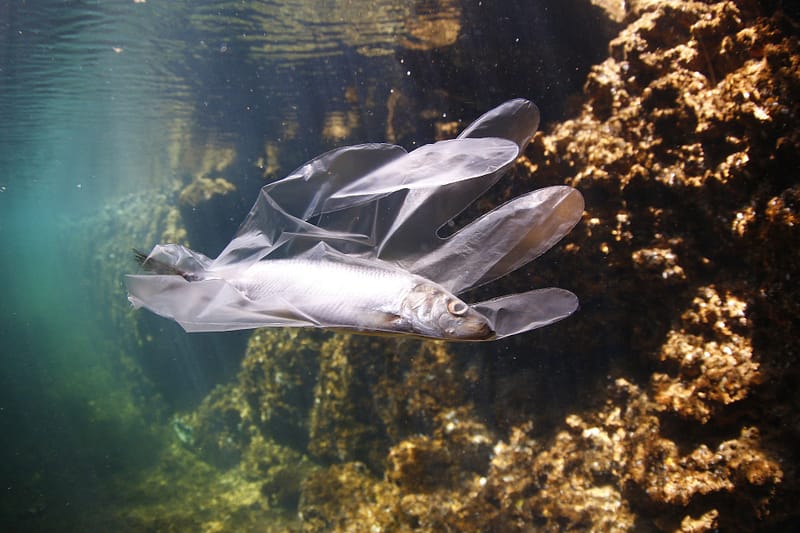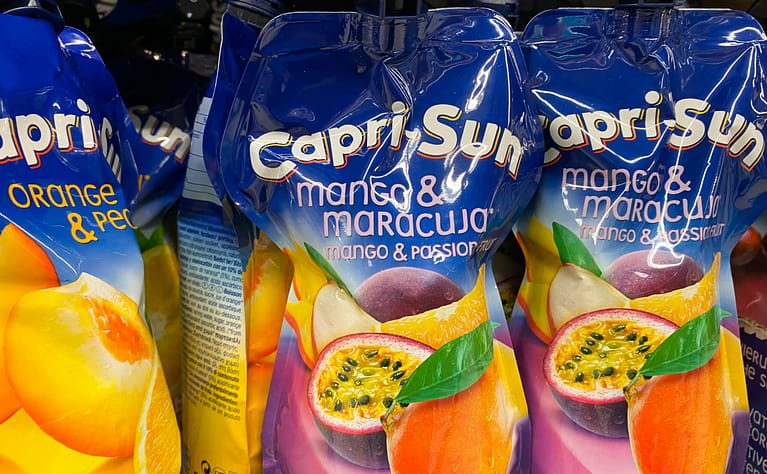Shocking study shows: There’s no way around the circular economy!
Thomas Reiner | 30.10.2020
By 2040, the amount of plastic waste flowing into the oceans each year will more than double to 29 million tonnes, according to a forecast by a study from Pew Charitable Trusts & SYSTEMIQ. Even if industry & politics keep their promises made so far, this will hardly change anything. The only effective solution is a profound system change: There is no alternative to the circular economy.
By 2040, the amount of plastic waste flowing into the oceans each year will more than double to 29 million tonnes. This is the frightening forecast of a study by Pew Charitable Trusts and SYSTEMIQ. Even if industry and politics keep their promises made so far, almost nothing will change. It is not yet too late for a turnaround. But the clock is ticking against us. What the study also makes clear once again is that the only effective solution is a far-reaching system change. There is no alternative to the circular economy.
If everything remains as it is at present, the amount of plastic waste in the oceans will increase from currently around 150 million tonnes to 600 million tons by 2040. Even if all promises made so far to curb leakage are kept, the annual inflow will only be reduced by a tiny fraction.
The results of the research project conducted by Pew Charitable Trusts and the London-based environmental think tank SYSTEMIQ, Ltd. are alarming. The outlook is all the more sobering given that global plastics production is forecast to increase by 40 percent by 2030 and hundreds of billions of dollars are being invested annually in new production facilities for virgin plastics. So there is no sign of a turnaround. Rather a consolidation of the status quo.
The study also shows one (only!) solution. However, it requires a comprehensive system redesign of the global plastics industry. The goal: consistent closed loop circular economy, in which plastic waste is collected, recycled and reused. Even the consistent application of existing methods and technologies could reduce the annual influx of plastic waste into the oceans by 83 percent. Further innovations would be on top.
Unfortunately, it is also clear that technology and innovation are not the crux of the matter. The sticking point is the consequence that would be necessary for a truly resounding system change. The clock is ticking against us. There is no alternative to the circular economy. And we need the system change now!




